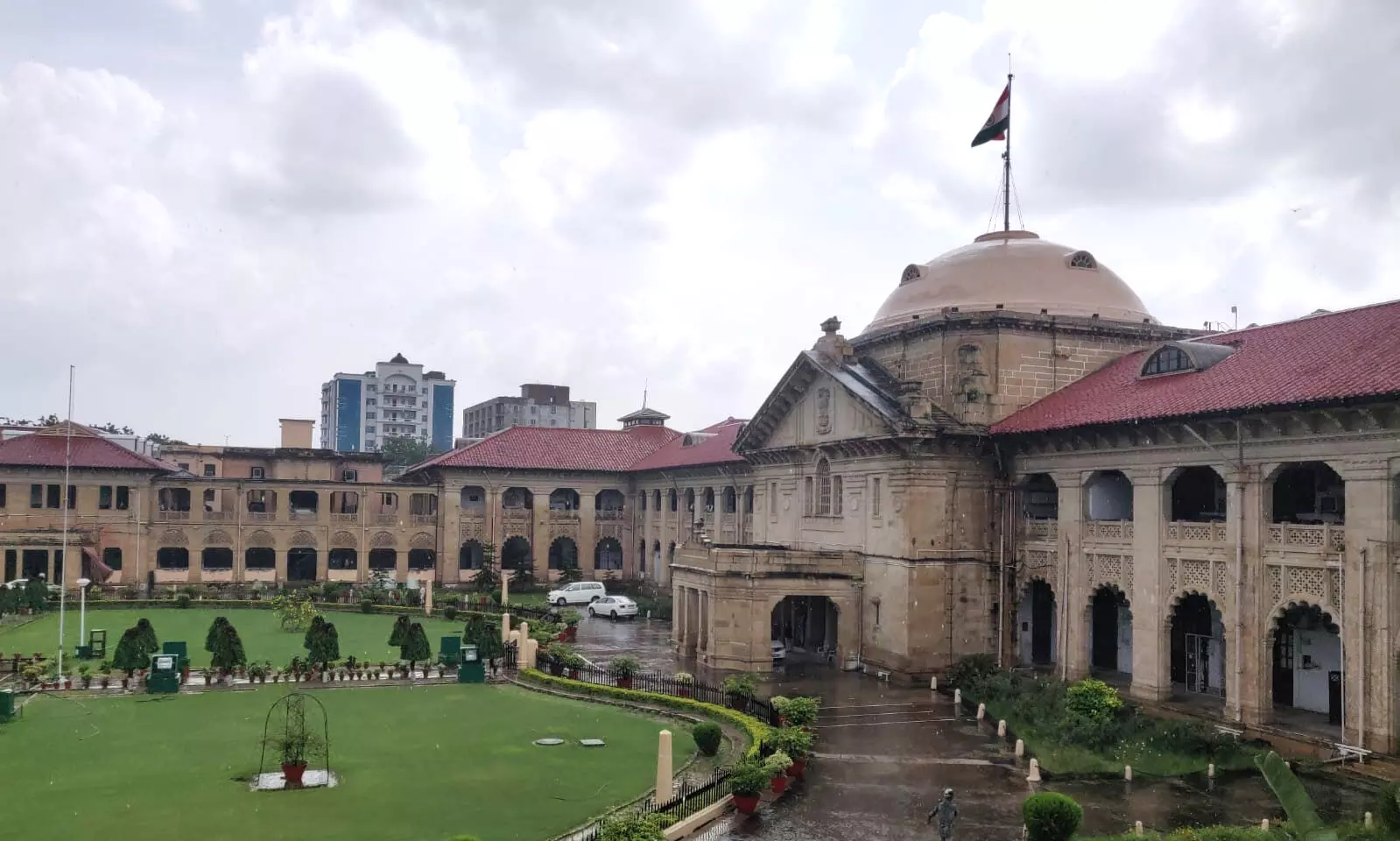
Issue Of Obligation Of A Non-Signatory To An Arbitration Agreement To Be Decided By Arbitral Tribunal Not Referral Court: Allahabad HC
 |
|The Allahabad High Court re-iterated that the issue of whether a non-signatory to an agreement can be held bound by it should be left to the tribunal to decide and referral court should not enter into the issue.
The Court was considering an application under Section- 11(4) of the Arbitration & Conciliation Act invoking the power of the Court to constitute an Arbitral Tribunal in respect of the disputes arising between the parties out of partnership agreements.
The single-judge bench of Justice Manoj Kumar Gupta observed, "The Constitution Bench in Cox and Kings Ltd. (supra) examined the issue as to whether a non-signatory to an agreement can be held bound by it. It is held that the said issue may require consideration of evidence on factual aspects and ordinarily it should be left to the tribunal to decide the same. At the referral stage, a referral court should not enter into the said issue," the court observed.
The Petitioner was represented by Advocate Prabhav Srivastava while the Respondent represented by Advocate Abhay Kumar Singh.
Among the main grounds to oppose the constitution of arbitral tribunal by the opposition, one was that the arbitration clauses in the previous agreements are not binding on opposite party No. 3 as he was not signatory to these agreements.
The Counsel for the Petitioner argued in this regard and submitted that the question as to whether opposite party No. 3 was signatory and a consenting party to the arbitration clause should be left for being decided by the arbitral tribunal as laid down by Supreme Court in Cox & Kings Ltd. v. SAP India Pvt. Ltd. & another and in Arbitration Petition No. 38 of 2020 decided on 9 September 2024.
In support of his contention, he also placed reliance on the judgment of the Supreme Court in All India Power Engineer Federation v. Sasan Power Ltd.
The Court while dealing with this issue said that it is noteworthy that memorandum of understanding executed between the parties and to which opposite party No. 3 is also a signatory, also refers to the original partnership deed and amended deeds and it can prima facie, be evinced that the subsequent deeds were executed to reduce to writing the change in constitution of the firm while the firm name and other legal obligations not specifically altered by subsequent deeds remain the same.
"Undoubtedly, all the parties, except opposite party No. 3 has signed the previous agreement dated 2 March 2020. Prima facie, opposite party No.3, though not signatory to the said agreement, had consented to its terms and conditions to the extent not altered or amended by subsequent supplementary partnership deed dated 20.02.2021," the court observed.
The Court agreed to the Counsel for the Petitioner's submission that the issue ordinarily should be left for the Tribunal to decide and referral court shouldn't pick the same.
"Following the law laid down in the Constitution Bench judgement in Cox and Kings Ltd. (supra), the Supreme Court while deciding Arbitration Petition No.38 of 2020, constituted the arbitral tribunal but left it open to the parties to raise the said issue before it. Accordingly, I am of the view that the said issue which involves appreciation of evidence should be left to the wisdom of the arbitral tribunal for being decided in accordance with law," the court observed.
Clause Title: Ram Taulan Yadav And Another vs Himanshu Kesarwani And 2 Others (2024:AHC:178270)
Appearances:
Petitioner- Advocate Prabhav Srivastava, Advocate Rishabh Srivastava, Advocate Ujjawal Satsangi
Respondent- Advocate Abhay Kumar Singh
Click here to read/ download the Judgement: